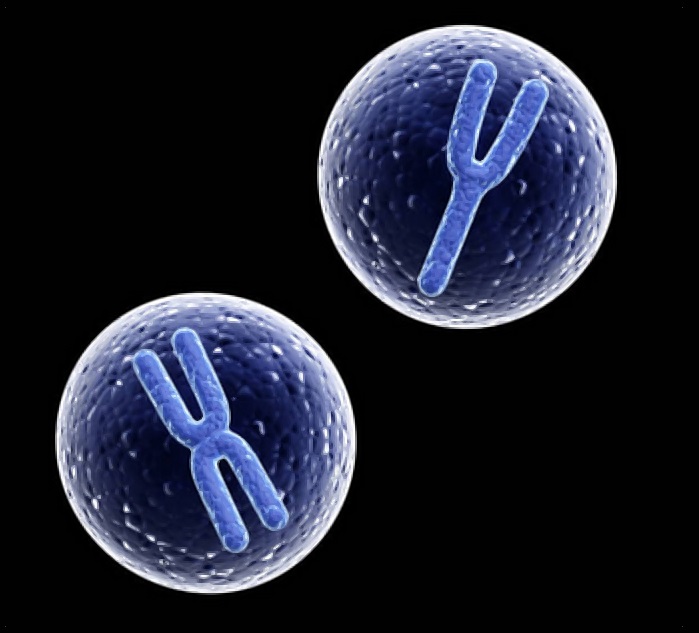- Web
- 8 Minutes ago
Y chromosomes disappearing: Is male extinction on horizon?
-

- Web Desk
- Aug 29, 2024

WEB DESK: The human chromosome (Y chromosome) that determines male sex and reproduction function is undergoing a significant decline, a recent study found.
The study indicates that the Y chromosome has lost over 900 genes over the past 166 million years. If the current rate of decay continues, it could disappear entirely within the next 11 million years.
Read more: University researchers achieve record-breaking internet speed
The new study caused significant alarm online, with several users (mostly men) questioning the future of male reproduction and the potential survival of humans as a species.
The Y chromosome plays an extremely important role in the development of the male reproductive tissues, including the testes. It is also responsible for initiating the male sex determination pathway.
Human males typically possess one X and one Y chromosome (XY), while human females usually have two X chromosomes (XX).
The Y chromosome is much smaller than the X chromosome and contains fewer genes, raising questions about the long-term viability of male reproduction.
Scientists talked about the potential consequences of a reality where only female offspring are born. Such a scenario could leave to significant demographic changes and challenges in maintaining genetic diversity within humanity.
Read more: New research shows blocking a protein slows aging in mice
However, a recent study published in the “Proceedings of the National Academy of Sciences” offers hope. The researches found that the spiny rat, a rodent native to Japan, developed a new male-determining gene as its Y chromosomes disappeared.
The study revealed that most genes from the Y chromosome of the spiny rats relocated to other chromosomes.
A small DNA duplication near the SOX9 gene on chromosome 3 took over the role of missing SRY gene, something critical for male development.
Such a finding suggests that mammals may have the ability to evolve alternative sex-determining mechanisms when the Y chromosome is lost.
Read more: New research finds breakthrough in Parkinson’s disease treatment
While the eventual disappearance of Y chromosome is certain, the adaptability of Y chromosomes in different mammals hints at an evolutionary solution.
However, if such evolutionary changes occur, it could lead to multiple sex-determining systems in different human populations. This has the potential to result in formation of entirely new species.




